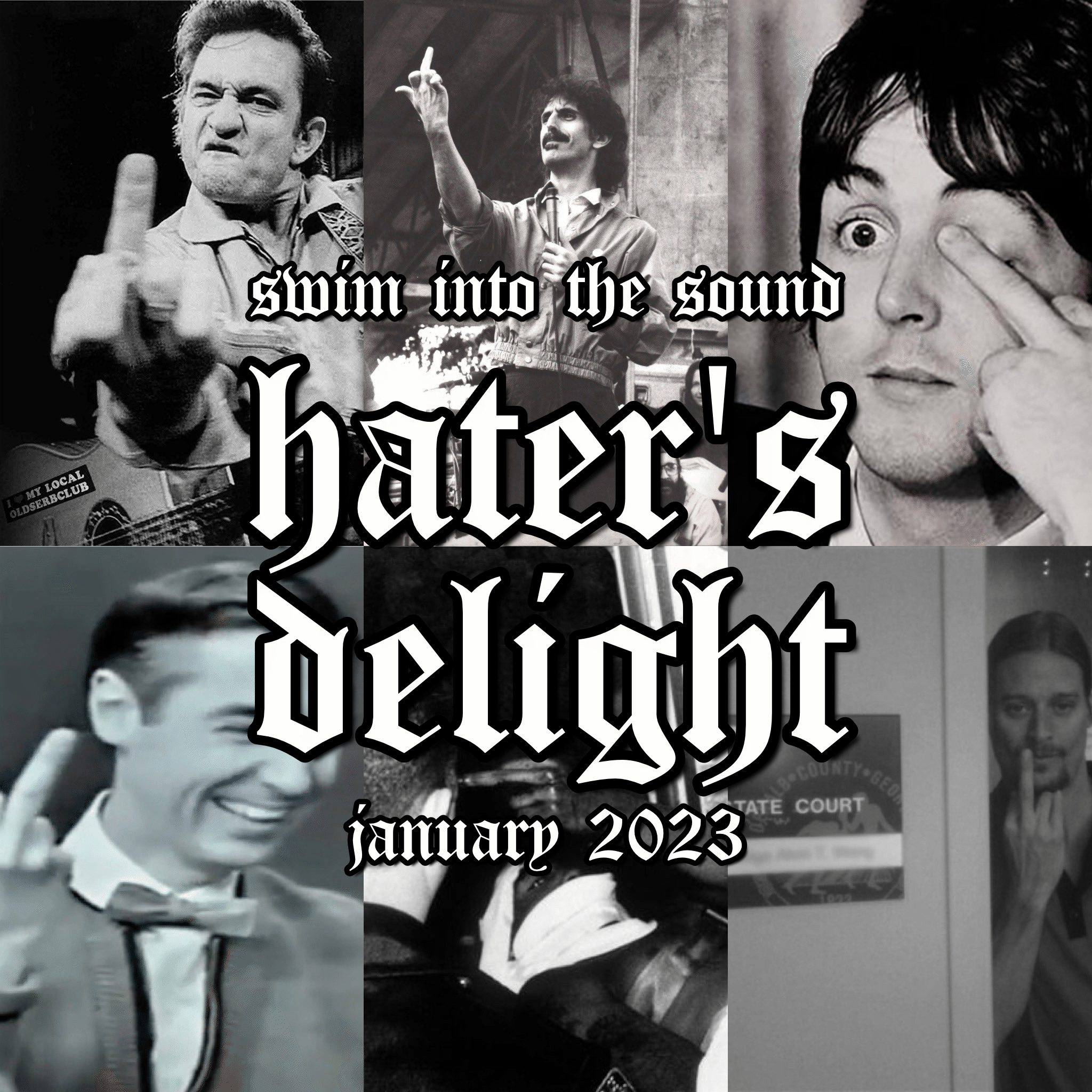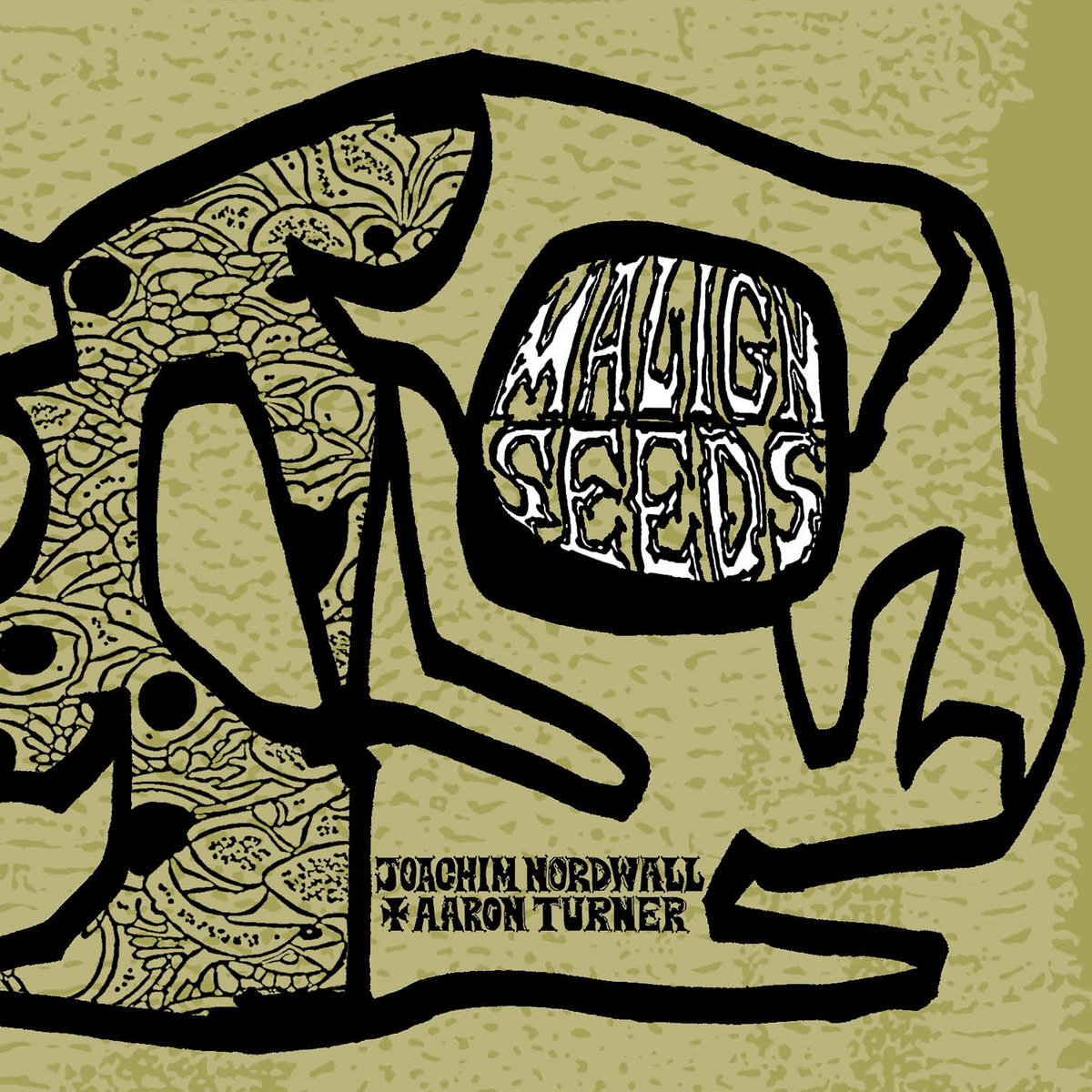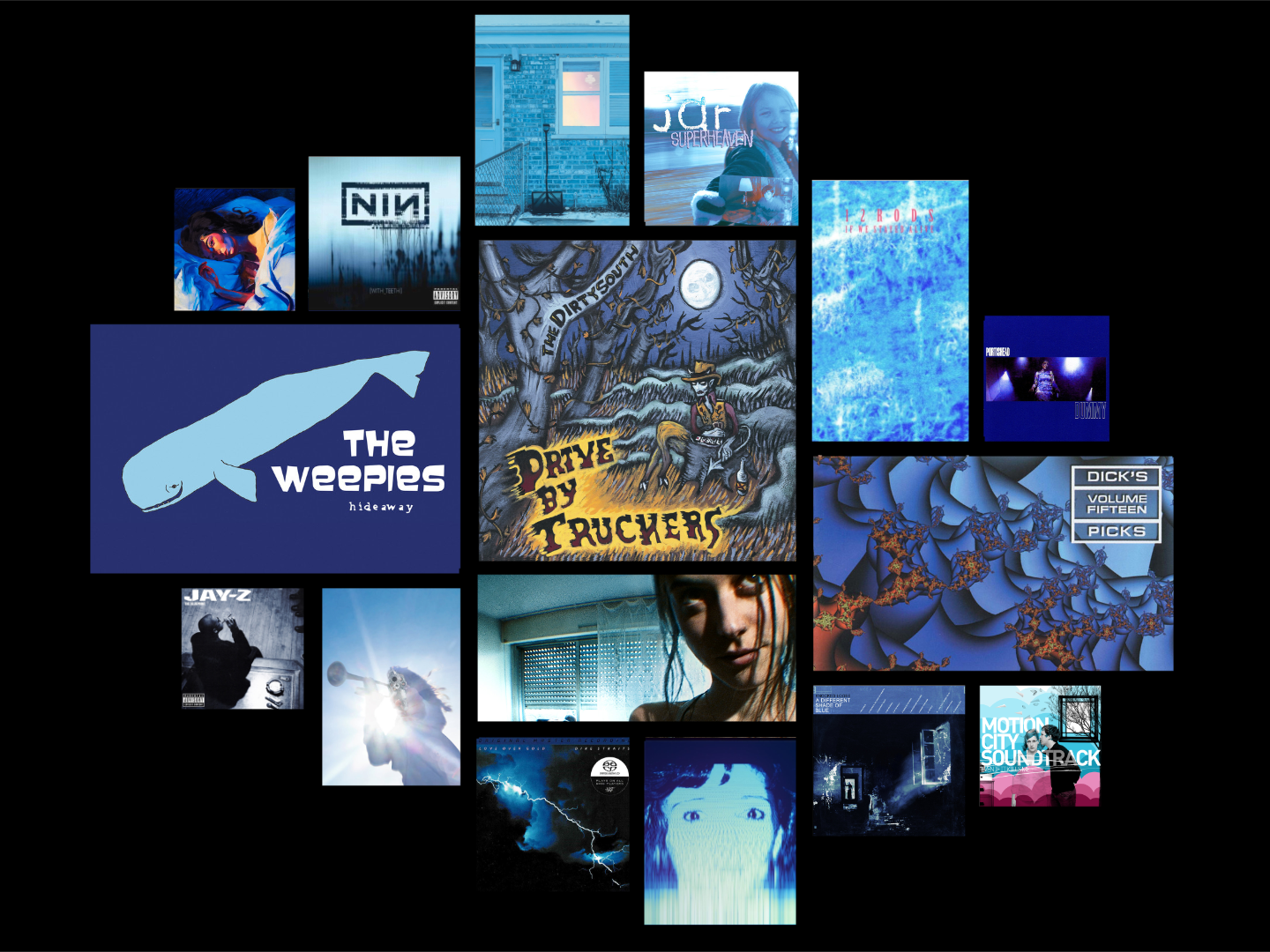Growing Pains – Thought I Heard Your Car | EP Review
/SELF-Released
Slowcore, shoegaze, and indie rock are genres rich with tradition. Prospective new heads all look back to the chords, pedalboards, and vocal chops of the revered forebears such as My Bloody Valentine, Ride, or the Drop Nineteens, seeking to emulate the cult successes of a past era– but much of the appeal of these mythic albums comes from nostalgic warmth created by tape hiss and squealing feedback. When these young musicians speak of their influences, they mention things about the marks of time on them. Melted tape legends and woozy pitch-bent loops are products of the early-90s experimental attitude towards music making and production. In today’s digital frontier, very few bands choose to actually capture the spirit of the ancient texts. There’s some debate as to whether it can even be done, but that debate can be put to rest. By leaning into past and future traditions of shimmering pop-rock, Portland’s Growing Pains have brought us Thought I Heard Your Car.
This fuckin’ EP is unreal. From the moment you press play on lead single “What Are the Odds?” you’re greeted with a classic Duster-style slowcore arpeggio. The muted drumbeat and dreamy synths float by, calling to mind hits like “Topical Solution” or “Bedside Table” before exploding into a sonically rich 3/4 groove. The tight guitar tones, which appear across the record, find a foothold with the rhythm section in a hard-edged move not commonly found among the band’s contemporaries. Kaila Storer’s vocal approach, ever ethereal, presides over shifting dynamics and moving sections from a comfortable place in the center of the mix as she sings: “Crush me in the dark / Fill my head with stars.” While I’m sure this prose conjures images of the horde of slacker-rock wannabes, the group takes great pains not to repeat the fatal mistake of sonic sameness that plagues lesser songsmiths. Layered into the vocal tracks are touches of Auto-Tuned warbling, a distinctly modern texture, and the guitar tone feels stiffened with compression. An off-kilter tremolo guitar plays a scratchy lead line as the dynamics duck and weave to make space. Though easily missed by the casual listener, these modern production touches take elements of dream pop and shoegaze sonics and blow them up into modern pop choruses.
The energy continues down the tracklist– “In Effigy” boasts a drum part that indieheads will recognize as classic Grandaddy, shuffling along as Jack Havrila and Carl Taylor’s spindly guitars buzz by one of Storer’s most memorable hooks. Catchy melodies are buried under layers of noise, every instrument prompting you to sing along to its repetitive and zany riff as chords contextualize these phrases into hopeful and melancholy passages in equal measure. “Lemon Lime,” another standout, boasts Great Grandpa-like fuzz as pounding drums evoke classics by Ride and even the Smashing Pumpkins before shifting into a twee-pop vibe that calls forward the sonic image of the Elephant 6 collective or Plumtree. The production takes a front seat on this track, with distorted vocal overdubs and squealing feedback samples rhythmically injecting themselves throughout its back half and only continues to shine in “Pretend to Sleep,” a high-energy pop-rocker with the most radio hit potential on the album. Blending long, distorted reverb trails with tight pop harmony and clockwork instrumentals, the fusion of old shoegaze legend with the present indie-pop movement’s urgency and hooks turn what might have been a derivative slog into an inventive and eventful masterwork. Closing track, “Memory from Last Year,” is equal parts Modest Mouse, Portishead, and Feeble Little Horse– its uptempo trip-hop beat breezes by as guitars gnarl and tangle through snippets of audio and swelling reverb trails. These songs are deceptively deep– though at first glance, they’re an appealing pop-rock package just waiting to be devoured by arty college scenes.
Lyrically, the songs are indecisive and weird– neither in the pejorative sense. Everything is stuck or sticking, detailing staircase wit, stained walls, and menthol cigarettes. The sleepy imagery on “Memory from Last Year” recalls the faded and decayed way experiences often float back to the front of one’s mind, and the refusal of "In Effigy" to grasp for a subject sends listeners into a confused mess of pronouns and images. It’s a highly personal affair, but an abstract one– you kind of get the sense that the band, in their lyrical process, have boiled away excess phrases to leave only the gnarled core of the experience rattling around your mind as a listener. Storer’s indistinct and placid delivery, however, relegates the poetics to the liner notes. It all snugly fits into place under the masterful production, which makes the lyrics blow by in the most compelling way.
Growing Pains seem to have an innate artistic understanding of how to make this particular style of nu-shoegaze more than just the sum of its parts. Beyond just a crisp mix and master, the production feels as much of an instrument in many of these songs as the bass or guitar. Adept little shifts– a drop in volume, a tone change, a panning movement– all contribute to the songs in ways that look back on the storied history of the genre. Much like how the production techniques of past shoegaze bands led to the musician’s chase for the perfect recorded tone through effects pedals and studio tricks, Thought I Heard Your Car plays in their digital audio workstation like it’s 1996 and the technology is still new.
THE COFFEE CORNER
I listen to all my albums in the living room of my cramped Pittsburgh apartment. My roommate, Nick, enjoys eavesdropping on my sessions. Nick is six-foot, with close-cropped blond hair and bright blue eyes. He is an avid Phish fan currently wandering around in a pair of ball shorts and a garish tie-dyed T-shirt smoking a joint. He contributes that "these guitars sound like vacuum cleaners" and asked me "if Phil Spector had anything to do with this."
Mikey Montoni is a nonfiction writing student at the University of Pittsburgh, originally hailing from New York. When she's not writing, she's bruising herself attempting skateboard tricks, playing with her punk rock band, digging through bookstores for '70s pulp sci-fi paperbacks, and wandering Pittsburgh in search of good coffee.











